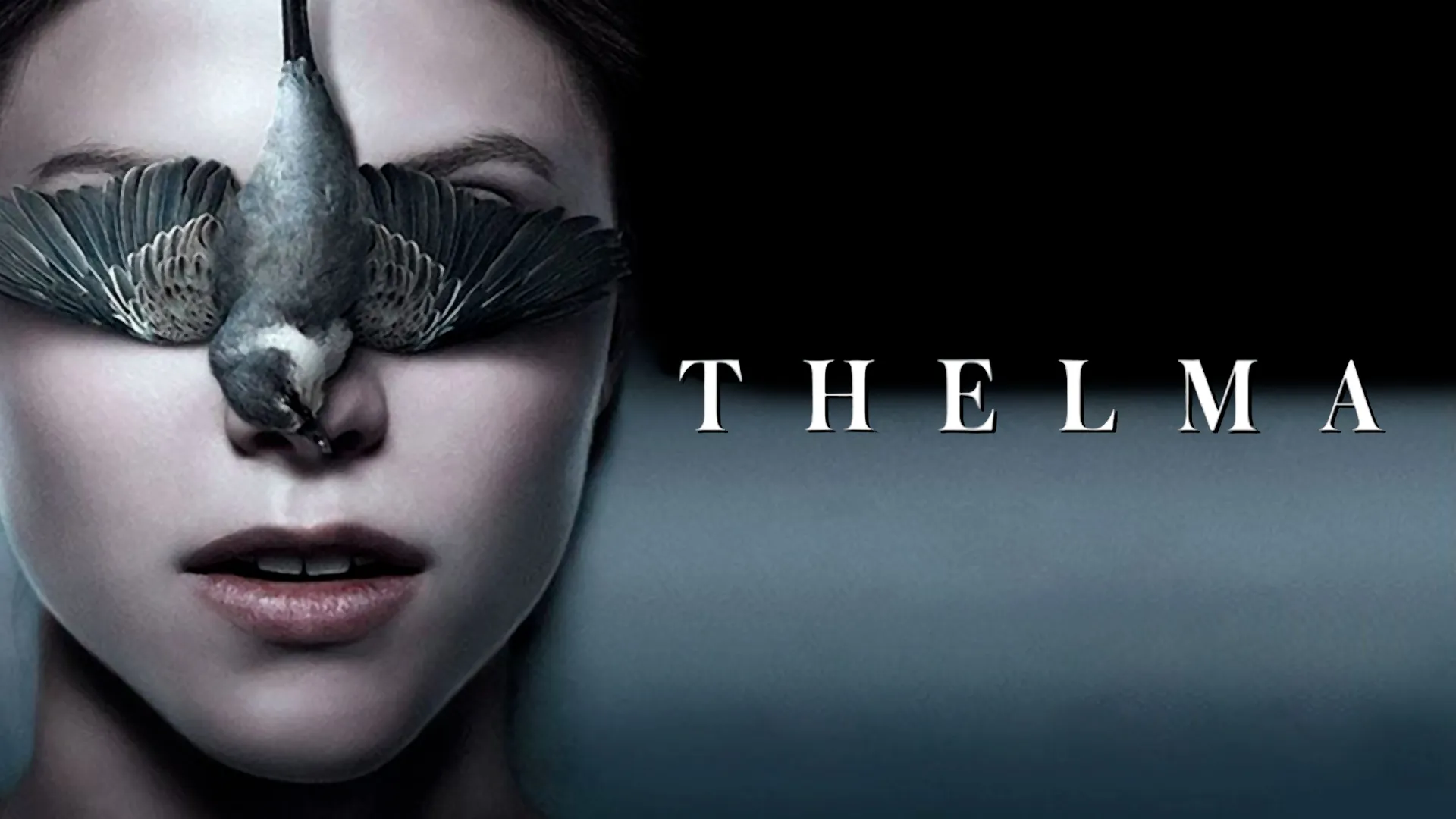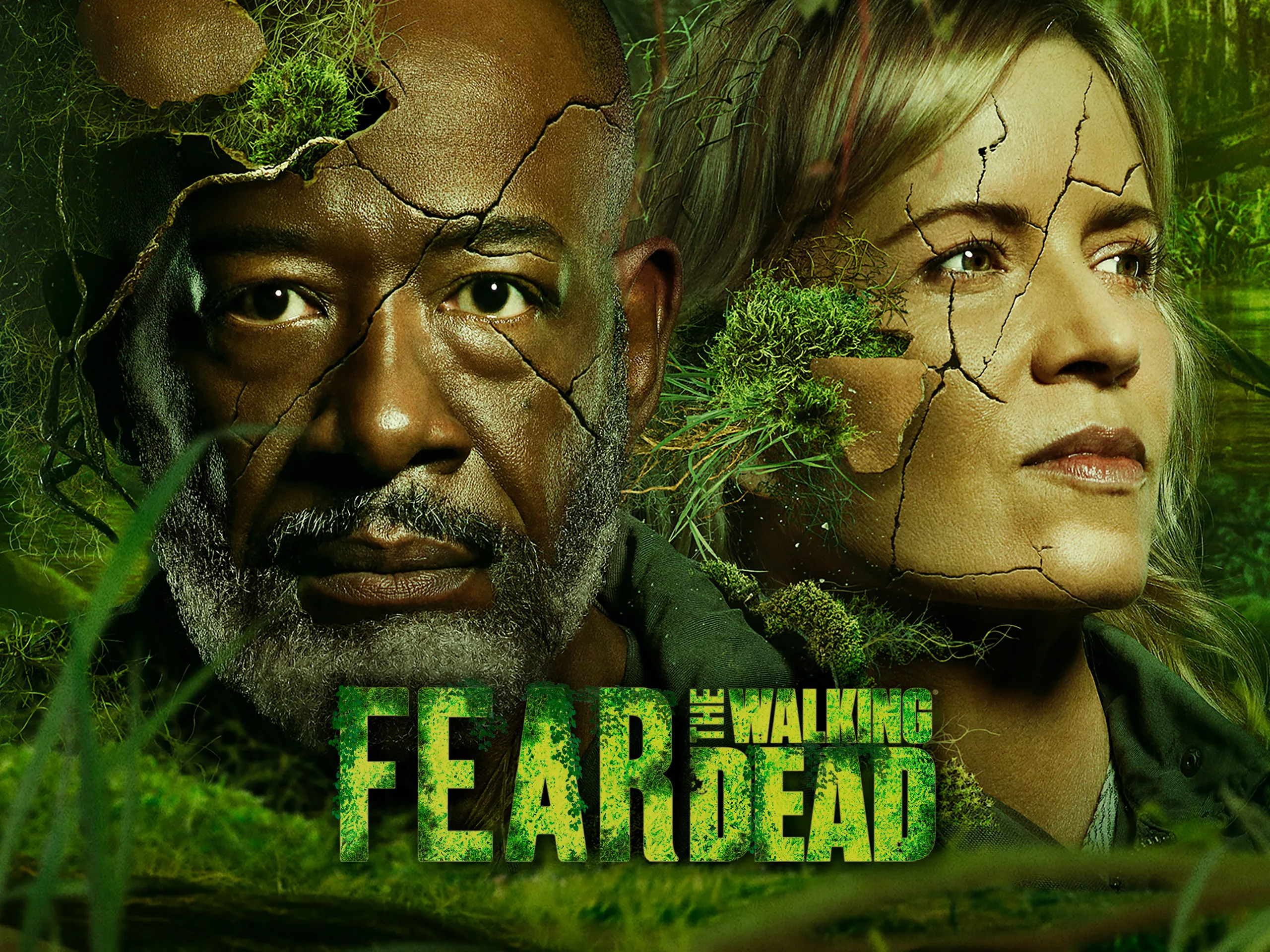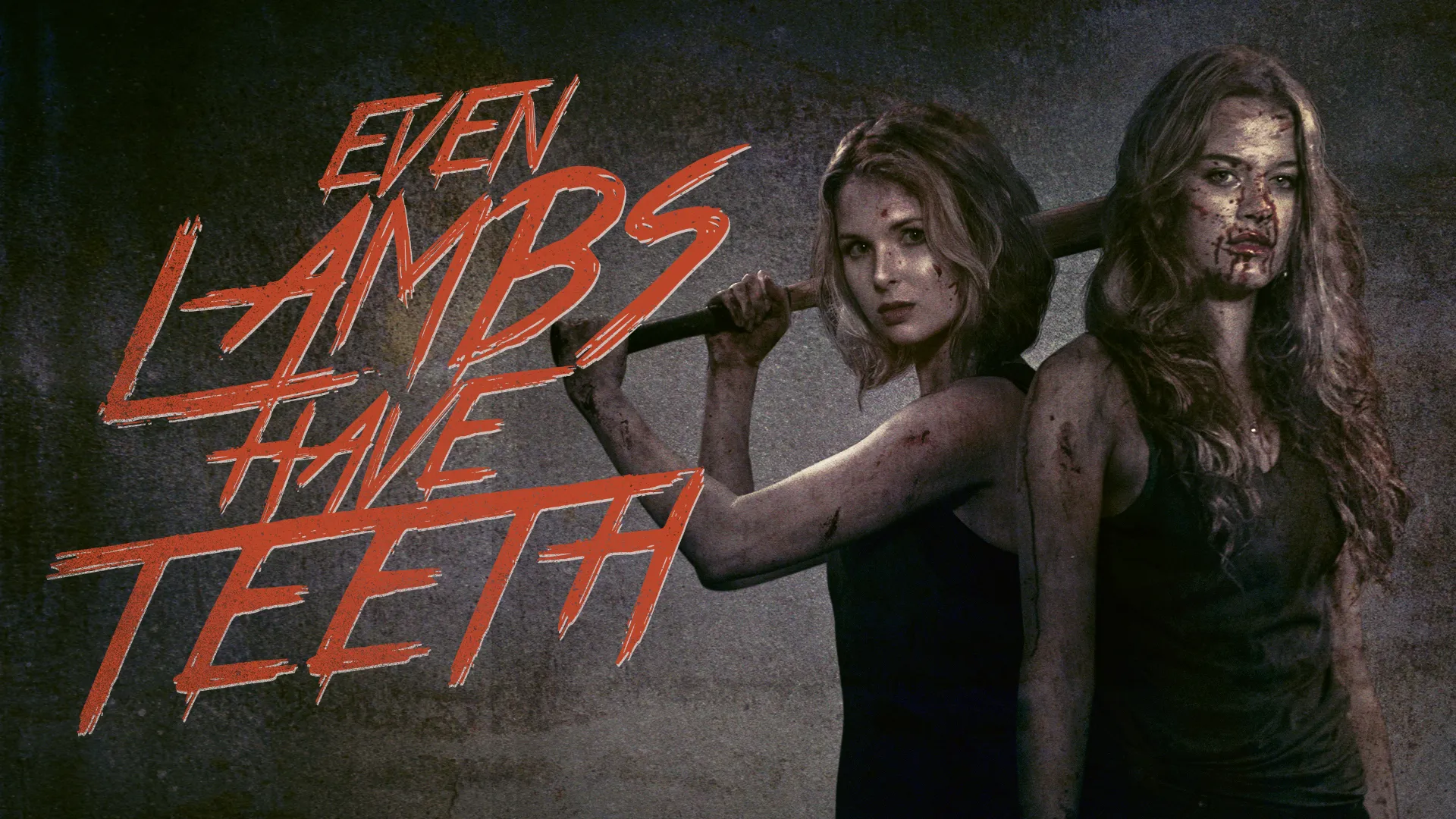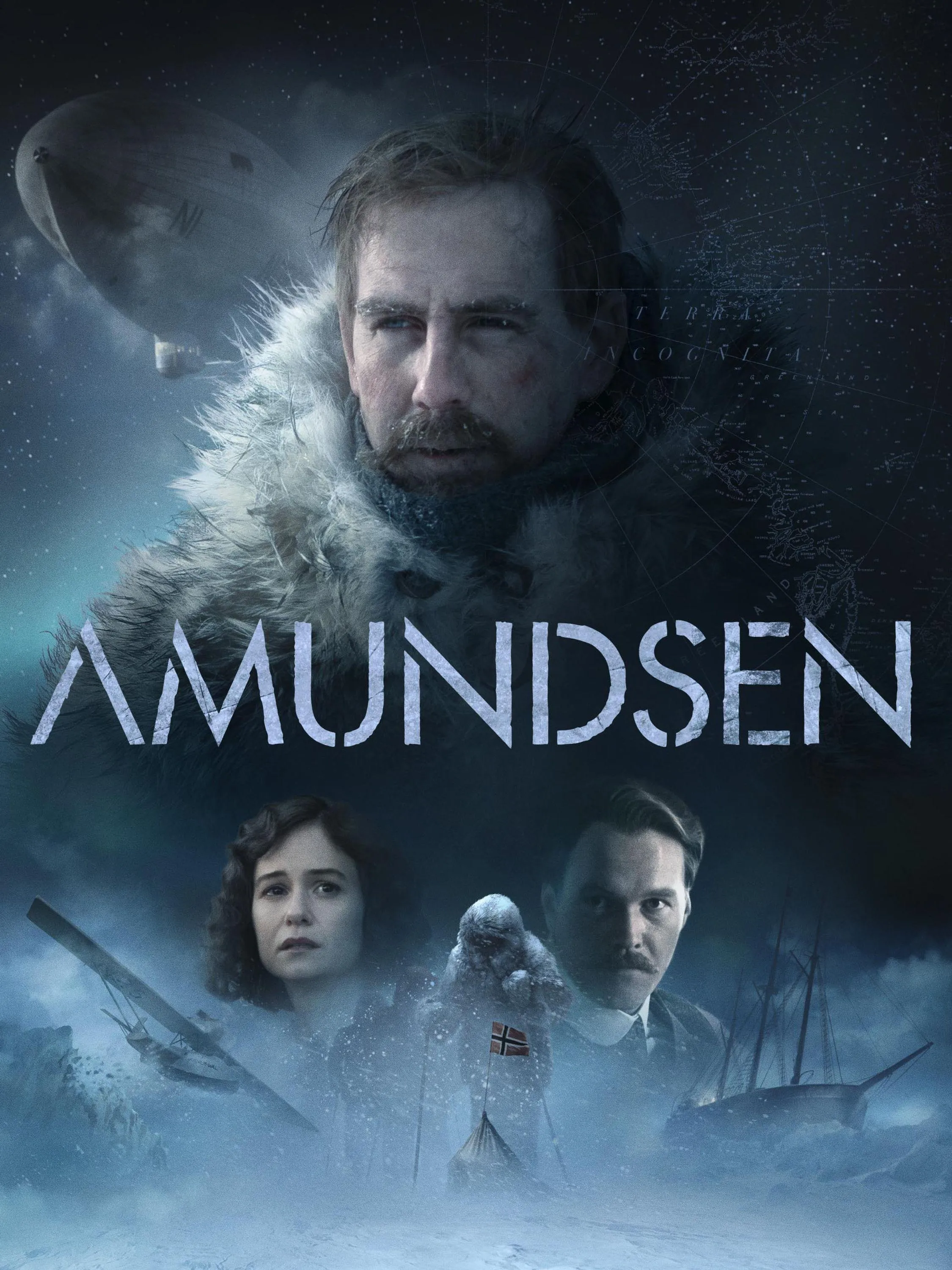Thelma (2017), directed by Joachim Trier, is a mesmerizing psychological thriller that blends supernatural horror with a deeply personal coming-of-age story. The film follows Thelma (Eili Harboe), a shy and religious young woman who leaves her small-town home to study in Oslo. As she experiences newfound independence, Thelma also begins to discover her repressed desires—particularly her growing attraction to her classmate, Anja (Kaya Wilkins). However, with these emotions comes an unsettling realization: whenever Thelma feels intense emotions, strange and dangerous events begin to occur around her.
What makes Thelma so captivating is its slow-burning tension and eerie atmosphere. The film masterfully builds suspense through quiet, haunting imagery and an ominous score that keeps the audience on edge. The story unfolds like a mystery, revealing pieces of Thelma’s past and the dark secrets surrounding her family’s history. As she unravels the truth, Thelma is forced to confront her suppressed powers and the terrifying implications of her abilities.
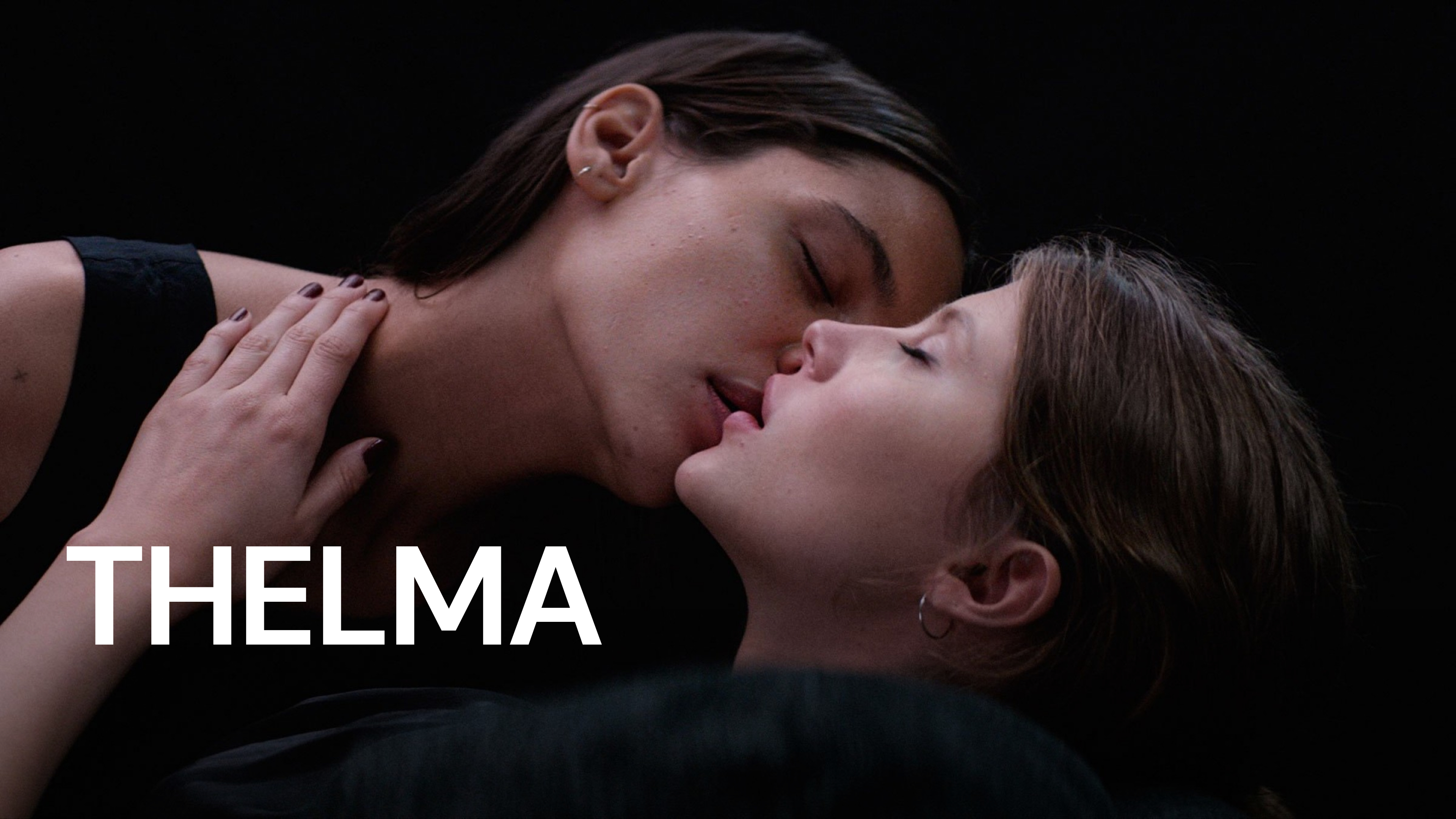
Eili Harboe delivers a mesmerizing performance, portraying Thelma’s transformation from an innocent and obedient daughter to a woman struggling with her identity and supernatural forces. Her vulnerability and emotional depth make Thelma a compelling protagonist, and her journey is both heartbreaking and empowering. The chemistry between Harboe and Kaya Wilkins adds a layer of raw intimacy to the film, making Thelma’s internal conflict even more intense.

The film explores themes of repression, desire, and self-discovery through a unique supernatural lens. Thelma’s abilities serve as a metaphor for the struggle between her religious upbringing and her true self. Her powers manifest in unpredictable and sometimes terrifying ways, highlighting the dangers of suppressing one’s identity and emotions.
Cinematographically, Thelma is stunning, with breathtaking visuals that blend beauty with unease. From dreamlike underwater sequences to unsettling moments of isolation, the film uses its imagery to enhance the psychological depth of the story. Every shot feels meticulously crafted, immersing the audience in Thelma’s eerie and mysterious world.
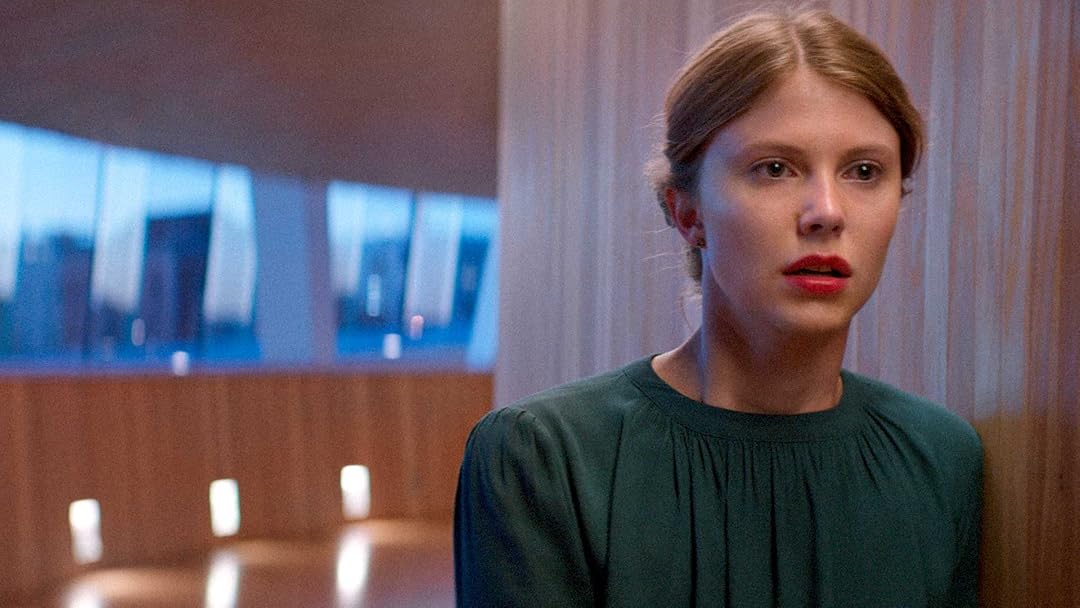
One of the film’s most intriguing aspects is the way it challenges traditional horror tropes. Rather than portraying Thelma’s abilities as purely monstrous, the film presents them as both a curse and a source of empowerment. The horror in Thelma comes not only from supernatural elements but also from the fear of losing control and the consequences of self-denial.

The storytelling is deeply psychological, drawing inspiration from films like Carrie (1976) and Let the Right One In (2008), yet maintaining its own unique identity. The film’s pacing is deliberate, allowing tension to build naturally, leading to shocking revelations and an emotionally powerful climax.
In conclusion, Thelma is a haunting and thought-provoking film that lingers in the mind long after the credits roll. With its gripping performances, eerie atmosphere, and rich symbolism, it offers a unique blend of horror, romance, and psychological drama. More than just a supernatural thriller, Thelma is a profound exploration of self-acceptance and the power that comes with embracing one’s true nature.
